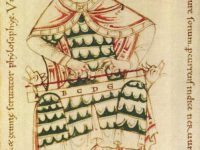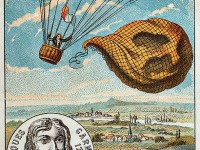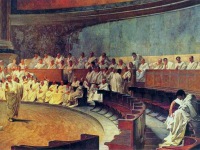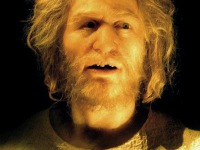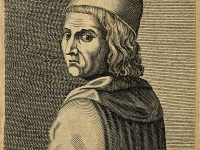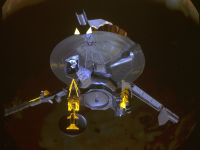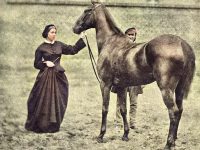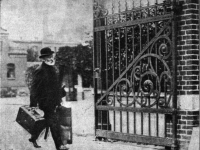Boethius and the Consolation of Philosophy
According to the definition of Pope Leo XIII, on October 23, either between 475 and 477 AD, or in the early 480s, Roman senator, consul, magister officiorum, and philosopher of the early 6th century Anicius Manlius Severinus Boëthius was born. Boethius is best known for his Consolation of Philosophy, a philosophical treatise on fortune, death, and other issues, which became one of the most popular and influential works of the Middle Ages. As…
Read more











